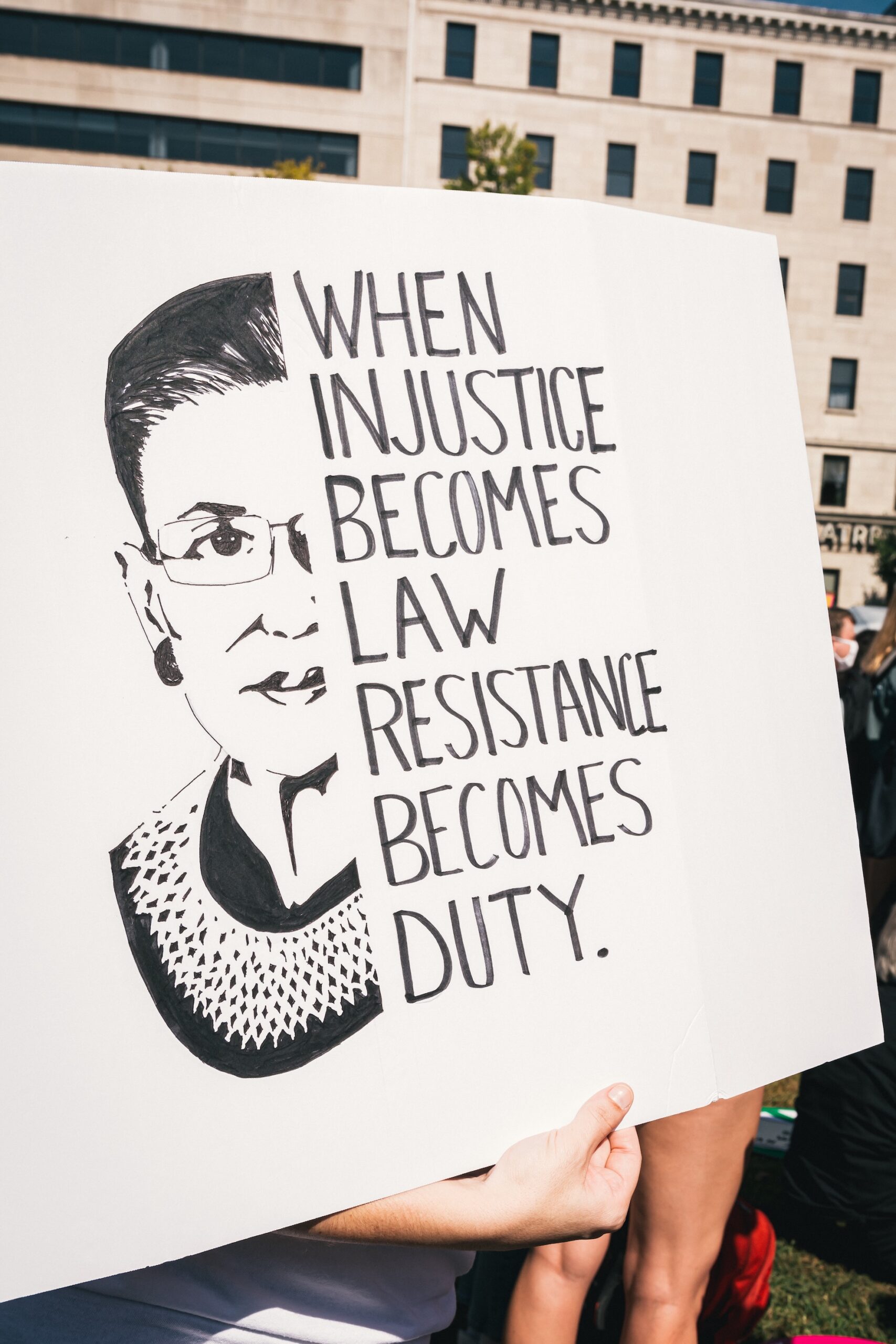On Feb. 27, 1973, members of the American Indian Movement (AIM) began their occupation of Wounded Knee, the site of the 1890 massacre in South Dakota’s Pine Ridge Reservation. The occupation lasted 71 days and called attention to living conditions and mistreatment from federal and local agencies. Use this anniversary to talk about the values of opportunity and voice for Native American communities.
Tag: indigenous rights
State of Indian Nations
Each year, the president of the National Congress of American Indians (NCAI) presents the State of Indian Nations around the same time as the U.S. president’s State of the Union. To facilitate direct engagement, a member of Congress is also invited each year to deliver a congressional response.
Super Bowl
Today is Super Bowl Sunday in Glendale, AZ. While the big game is best known for entertaining commercials and snack spreads, the media event surrounding it has also created opportunities for cultural strategies, from Beyoncé’s iconic halftime show to activism for NFL teams to drop offensive and disparaging Native American mascots. Cite the values of voice and equity.
The Longest Walk
On this day in 1978, Native American activists launched The Longest Walk, a 3,200-mile spiritual walk across the country to support tribal sovereignty and challenge anti-Indian legislation that limited water rights. Today, supporting indigenous-led campaigns to protect water rights and ancestral lands remains urgent. When discussing this anniversary, cite the values of voice and opportunity.
Dawes Act
On this day in 1887, U.S. President Grover Cleveland signed the Dawes Act into law, imposing private land ownership on American Indians. This was intended to break up tribes as communal units and threaten tribal sovereignty. Use this anniversary to advocate for racial and economic justice for Native Americans. Cite the values of voice and opportunity.
Trail of Tears
On this day in 1839, the Cherokee people reached the end of the “Trail of Tears,” a forced death march from their ancestral home in the Smoky Mountains to the Oklahoma Territory.
International Day for the Elimination of Racial Discrimination
Today is the International Day for the Elimination of Racial Discrimination. Discuss racial justice by citing the values of voice, equity, and community.
Ruth Bader Ginsburg
Supreme Court Justice Ruth Bader Ginsburg was born on this day in 1933. Before becoming the second woman on the Supreme Court, the late Justice had a long legal career as an advocate for gender equality and women’s rights. As a cultural icon, her impact transcended courts. When discussing her legacy, it’s also important to note her mixed judicial record on issues of race and criminal justice, with particularly damaging decisions for indigenous rights. Cite the values of economic opportunity and voice.
Deb Haaland
On this day in 2021, Deb Haaland became the first Native American Cabinet Secretary, following the U.S. Senate’s vote to confirm her nomination to head the Department of the Interior. In 2018, Secretary Haaland joined Rep. Sharice Davids in becoming the first Native American women elected to the U.S. Congress. Secretary Haaland is a member of the Pueblo of Laguna and identifies as a 35th generation New Mexican. Cite the values of voice and equity when celebrating her leadership.
Missing and Murdered Indigenous Persons Awareness Day
In 2021, President Joe Biden signed a proclamation recognizing this date as Missing and Murdered Indigenous Persons Awareness Day. This observance follows years of Indigenous-led advocacy and organizing to shed light on the alarming rates of violence against Native American communities and the lack of justice for thousands of missing or murdered Indigenous people. Wear red on this day and uplift the values of safety and equity.




